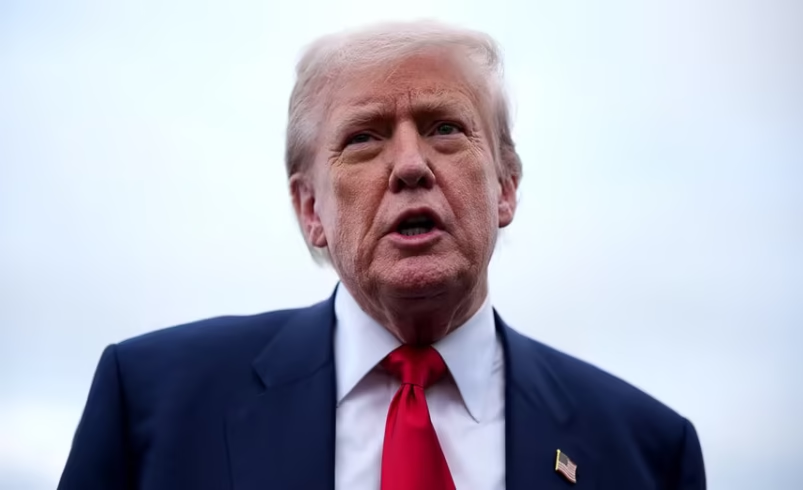Washington Post Columnist Criticizes Media’s Handling of Russiagate Story
- August 9, 2025
- 0

In a candid admission, a Washington Post columnist acknowledged that mainstream media outlets extensively covered the alleged collusion between President Donald Trump and Russia during the 2016 election, yet failed to uncover definitive proof. Speaking on “The Don Lemon Show” podcast, Perry Bacon Jr. highlighted the media frenzy surrounding the Russiagate story, suggesting it should not have escalated without concrete evidence. This reflection comes as a cautionary tale for journalists covering Trump’s alleged connections to Jeffrey Epstein, urging them to avoid repeating past mistakes.
Bacon’s remarks serve as a reminder of the media’s responsibility to report accurately and avoid insinuations without evidence. He recalled how he and others covered the Russia investigation extensively in 2017 and 2018, yet never found the “smoking gun” linking Trump and Putin in any illicit activities. This lack of conclusive evidence did not prevent the story from dominating headlines, fueled by speculative reports and dubious sources like the Steele dossier.
The podcast discussion also touched on how Trump’s alleged relationship with Jeffrey Epstein has recently gained traction in mainstream media. Initially dismissed as a conspiracy theory, this narrative is now being revisited with more scrutiny. Don Lemon noted that while some outlets showed interest earlier, centrist media largely ignored it until now. Bacon advised journalists to cover this story thoroughly but with caution, avoiding another prolonged saga like Russiagate.
The conversation underscores the importance of journalistic integrity and restraint. As Bacon pointed out, while it’s crucial to cover significant stories aggressively, it’s equally important not to let them overshadow other pressing issues. He emphasized that while Putin’s preference for Trump was apparent, the absence of irrefutable evidence should have tempered the media’s approach. This reflection serves as a valuable lesson for future reporting on politically sensitive topics.